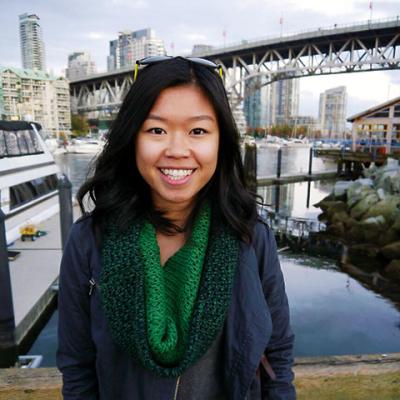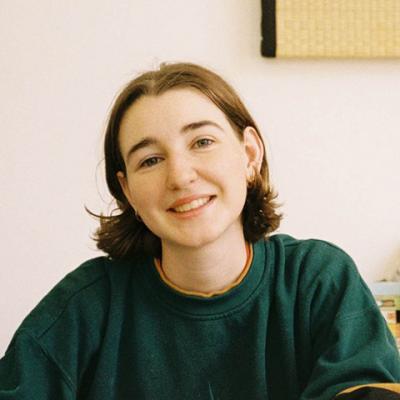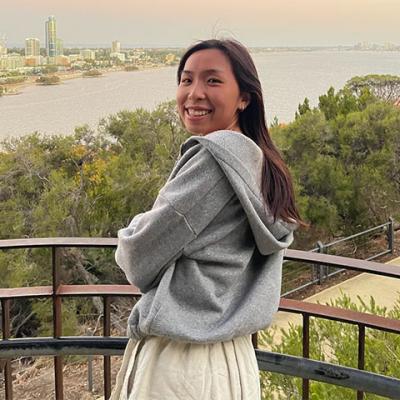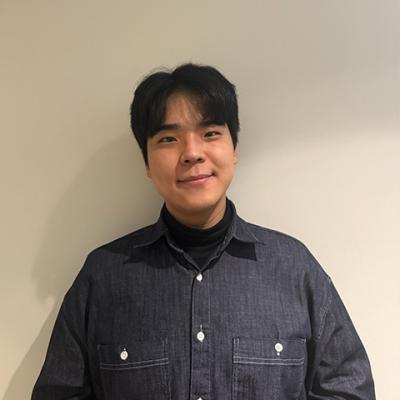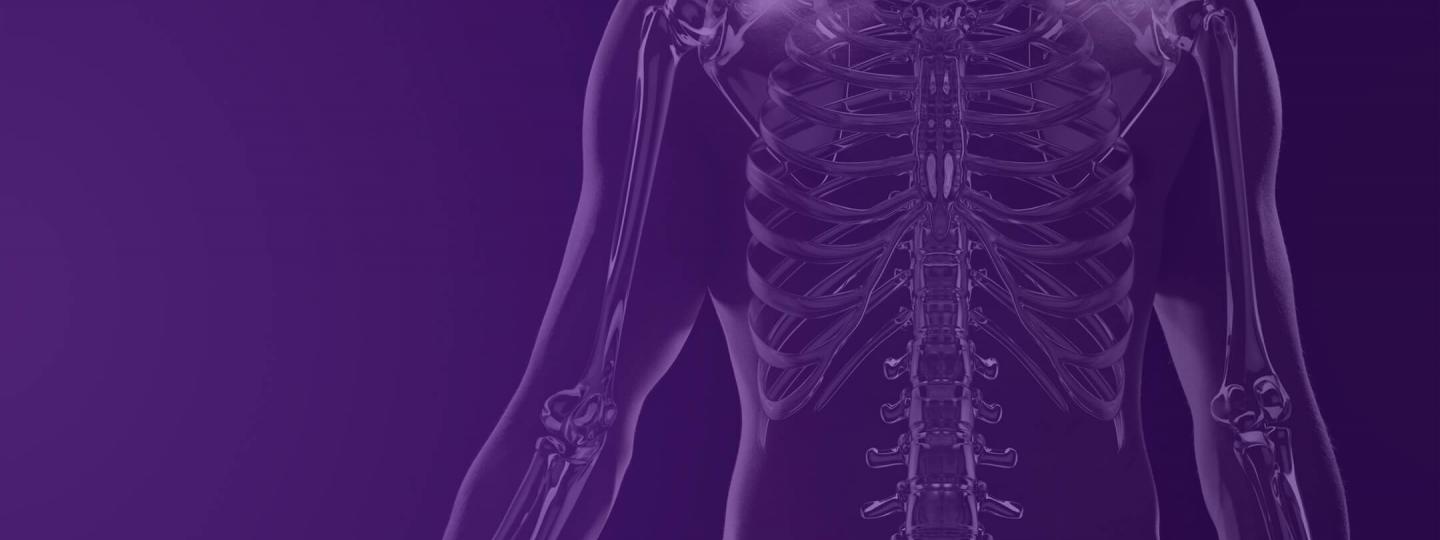
Master of Occupational Therapy Studies
Overview
Become a leader in occupational therapy and build a rewarding career helping people of all ages improve their quality of life by overcoming barriers to everyday activities.
Occupational therapists (OTs) use a range of treatment strategies to support individuals affected by injury or illness, psychological or emotional challenges, developmental delays or ageing, empowering them to participate in daily life.
This 2.5-year master's program focuses on the practice of occupational therapy, emphasising the use of prior knowledge to strengthen OT practice, and the acquisition of clinical and professional capabilities. We foster an ongoing commitment to self-directed learning and responsibility for continuing development as an allied health practitioner.
The program is designed to build on your previous studies with the principles of occupational therapy practice and see you develop the discipline-specific and interdisciplinary knowledge and professional skills needed to practice as an OT.
You'll complete advanced training in clinical reasoning, undertake a range of research-focused courses, and conduct quality assurance projects and health research, furthering your understanding of the role of evidence in occupational therapy practice.
You’ll gain hands-on experience through over 1,000 hours of supervised clinical practice in UQ’s Occupational Therapy Clinics located at the St Lucia campus and in hospitals, schools, private practices and other healthcare organisations. This will allow you to apply your theoretical knowledge to practice and develop your clinical skills in real-life situations.
The Master of Occupational Therapy Studies is accredited by the Occupational Therapy Council of Australia Ltd (OTC) and approved by the Occupational Therapy Board of Australia (OTBA). Graduates will be eligible to apply for registration as an occupational therapist with the OTBA. The program is also approved by the World Federation of Occupational Therapists.
Program highlights
- Build on your undergraduate degree and qualify as an accredited occupational therapist in just 2.5 years.
- Graduate with confidence with more than 1,000 hours of hands-on fieldwork and supervised placements in real-life settings.
- Learn from experienced occupational therapy educators and join an internationally leading school with more than 60 years of occupational therapy teaching and research expertise.
How you'll learn
Your learning experiences are designed to best suit the learning outcomes of the courses you choose.
- Lectures
- Tutorials
- Work placements
- Online study
- Research experience
What you'll study
At UQ, degrees are called 'programs' and subjects are called 'courses'. Here's a sample of the courses you could study in this program:
- Occupational Performance & Evaluation across the Lifespan
- Psychosocial Aspects of Occupational Therapy Practice
- Promoting Occupational Performance for People with Chronic Medical and Mental Health Conditions
- Social Change in Occupational Therapy
Career possibilities
Postgraduate study can take you anywhere. Here are some of the careers you could be on your way to:
- Occupational therapist
- Paediatric occupational therapist
- Rehabilitation consultant
- Workplace health and safety occupational therapist
- Mental health occupational therapist
- Aged care occupational therapist
Program accreditation
The Master of Occupational Therapy Studies is accredited by:
- Occupational Therapy Council, World Federation Of Occupational Therapy
Events
See all events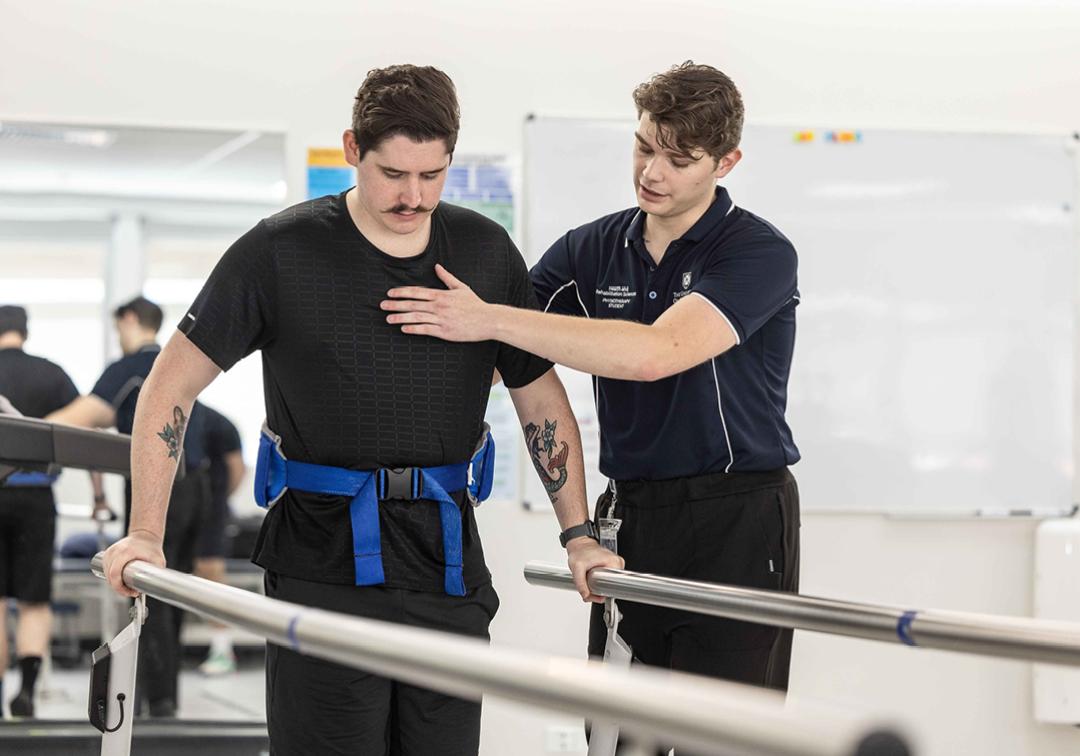
9 June
Master of Physiotherapy information webinar
Stories
See all stories
UQ people
How Ryan discovered his passion for occupational therapy
4-minute read

UQ people
Turning her curiosity into a healthcare career
4-minute read

UQ people
Chiemeka’s PhD story: cost-effective treatment for brain disorders
4-minute read
Stories
See all stories
UQ people
Meet Rebecca from Canada, studying Occupational Therapy in Australia
1-minute read

UQ people
How Ryan discovered his passion for occupational therapy
4-minute read

UQ people
Turning her curiosity into a healthcare career
4-minute read
Entry requirements
Entry requirements
To be eligible for entry, you'll need:
- A bachelor's degree (or equivalent) and have completed university-level studies in human anatomy, human physiology, and introductory psychology.
You must have a grade point average (GPA) of 4.0 on a 7-point scale in your previous qualification. Entry is competitive based on GPA, with a limited intake capacity. The GPA cut-off for those offered a place in 2023 was 4.64.
Please see 'Additional application information' below for further details on entry requirements.
Applicants who identify as Aboriginal and/or Torres Strait Islander who meet the minimum entry requirements for this program will be offered a place. On admission to the program, you will need to provide evidence of your Aboriginal and/or Torres Strait Islander status.
- A bachelor's degree (or equivalent) and have completed university-level studies in human anatomy, human physiology, and introductory psychology.
You must have a grade point average (GPA) of 4.0 on a 7-point scale in your previous qualification. Entry is competitive based on GPA, with a limited intake capacity. The GPA cut-off for those offered a place in 2023 was 4.64.
Please see 'Additional application information' below for further details on entry requirements.
Applicants who identify as Aboriginal and/or Torres Strait Islander who meet the minimum entry requirements for this program will be offered a place. On admission to the program, you will need to provide evidence of your Aboriginal and/or Torres Strait Islander status.
English language requirements
IELTS overall 7; reading 7; writing 7; speaking 7; listening 7. For other English Language Proficiency Tests and Scores approved for UQ
TOEFL iBT (including Paper Edition) - Overall 100, listening 25, reading 25, writing 27, speaking 23.
PTE Academic - Overall 72, sub bands minimum 72.
CES - Overall 185, All sub bands minimum 185.
BE and OET are not accepted.
There are other ways to meet the English language requirements. For some programs, additional conditions apply.
Inherent requirements
To complete this degree, you have to meet its inherent requirements by demonstrating essential skills and attributes. Read the inherent requirements before you apply.
Student visas
International students who are accepted into full-time study in the Master of Occupational Therapy Studies are eligible to apply for an Australian student visa (subclass 500).
There are a number of requirements you must satisfy before a visa is granted, including the Genuine Student (GS) requirement.
Need help meeting the entry requirements?
Additional application information
- Hold a bachelor degree; study in fields such as health, education, social, physical or biological sciences is recommended.
- Have successfully completed, within the 10 years prior to program commencement, the following university level study:
- 2 units (1 course) in human anatomy; and
- 2 units (1 course) in human physiology; and
- 2 units (1 course) in introductory psychology.
- Human Anatomy - ANAT1005 or BIOM2020 or BIOM3002,
- Human Physiology - PHYL1007 or BIOM2011 or BIOM2012,
- Psychology - NEUR1020 or PSYC1030.
Additional application information
To be considered for enrolment, an applicant must:
- Hold a bachelor degree; study in fields such as health, education, social, physical or biological sciences is recommended.
- Have successfully completed, within the 10 years prior to program commencement, the following university level study:
- 2 units (1 course) in human anatomy; and
- 2 units (1 course) in human physiology; and
- 2 units (1 course) in introductory psychology.
Suitable UQ pre-requisite courses:
- Human Anatomy - ANAT1005 or BIOM2020 or BIOM3002,
- Human Physiology - PHYL1007 or BIOM2011 or BIOM2012,
- Psychology - NEUR1020 or PSYC1030.
If an applicant has results pending in the semester of application, the results will not be included in the selection process.
Prior to applying, applicants should ensure they will be able to meet placement requirements outlined on the Ready for Placement website.
Fees and Scholarships
Indicative annual fee
Approximate yearly cost of tuition (16 units). Your fees will vary according to your study load. Fees are reviewed each year and may increase.
$40,784
2026
Approximate yearly cost of full-time tuition (16 units). Your fees will vary according to your study load. Fees are reviewed each year and may increase.
AUD $58,056
2026
Additional costs
- Annual CPR re-certification (approximately $80 per year)
- Students are expected to fund travel and living expenses associated with placements, some of which may be outside the Brisbane metropolitan area.
- First Aid Certificate (including CPR) (approximately $130 renewed every 3 years)
- A clinical uniform shirt is required and may be purchased through the School.
- Costs for vaccinations and serology are the responsibility of the student and will vary based on individual and program requirements.
Government assistance
Financial aid
As an international student, you might be eligible for financial aid – either from your home country, or from the Australian Government.
FEE-HELP
Domestic students who are accepted into the Master of Occupational Therapy Studies pay tuition fees.
FEE-HELP is an Australian Government loan scheme to assist eligible students with the cost of their tuition fees.
Centrelink support
The Australian Government has approved this master's program for income support payments to be made to eligible students.
Scholarships
You may be eligible for more than 100 scholarships, including:
How to apply
Applying online
All international applications should be submitted to UQ. If you prefer, you can use an approved UQ agent near you.
The program code for the Master of Occupational Therapy Studies is 5147.
Applying online
All domestic applications should be submitted to UQ.
The program code for the Master of Occupational Therapy Studies is 5147.
Important dates
The closing date for this program is:
- To commence study in semester 2 - April 30 of the year of commencement.
Visa processing times vary. Apply and accept your offer as early as you can.
To learn more about UQ dates, including semester start dates, view the Academic Calendar.
Important dates
The closing date for this program is:
- To commence study in semester 2 - April 30 of the year of commencement.
To learn more about UQ dates, including semester start dates, view the Academic Calendar.
Aboriginal and Torres Strait Islander applicants
For support with applying – or if you have any questions about university life – get in touch with our Aboriginal and Torres Strait Islander Studies (ATSIS) Unit.
Explore other programs
Express yourself. And your interest.
They say choosing a degree is hard, which is why we've made it easy. Register your interest and we'll send you everything you need to know about applying to UQ.



